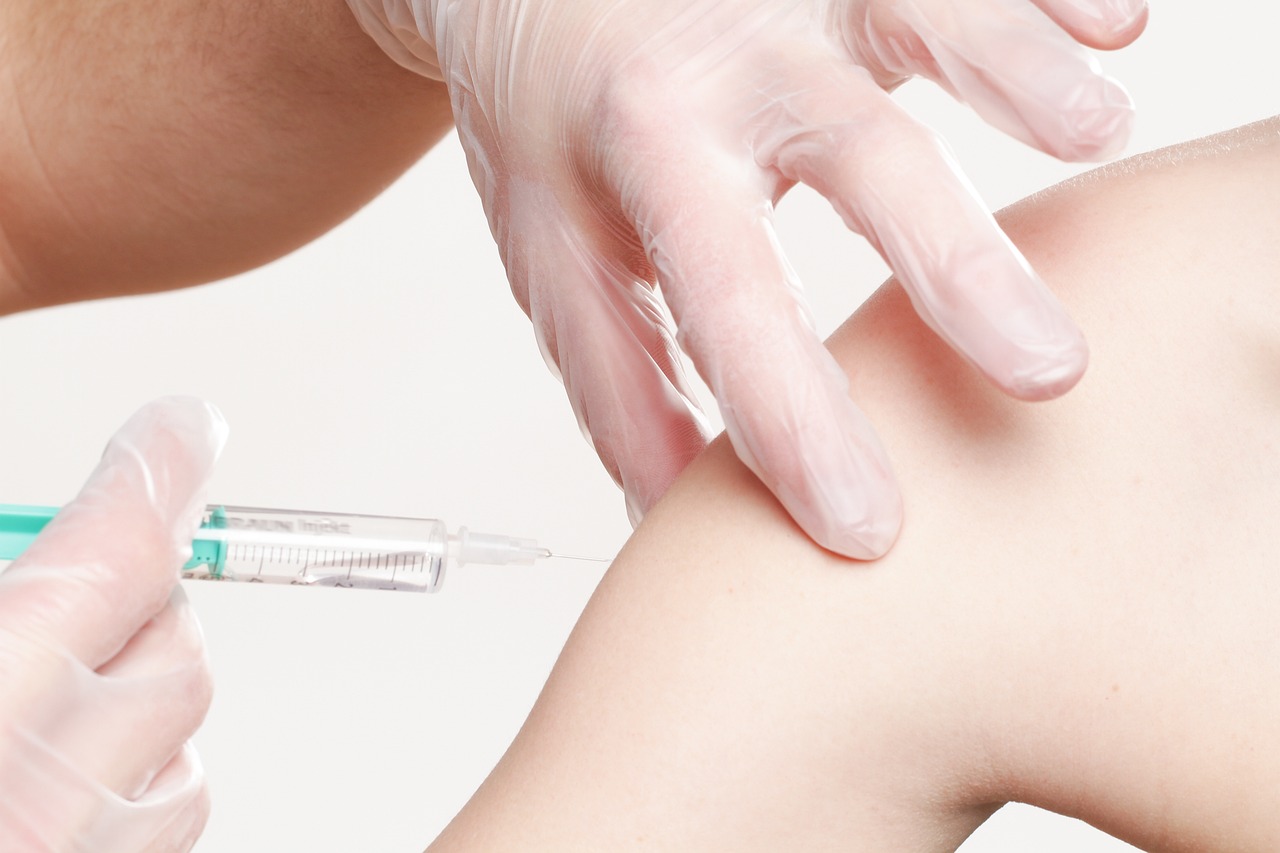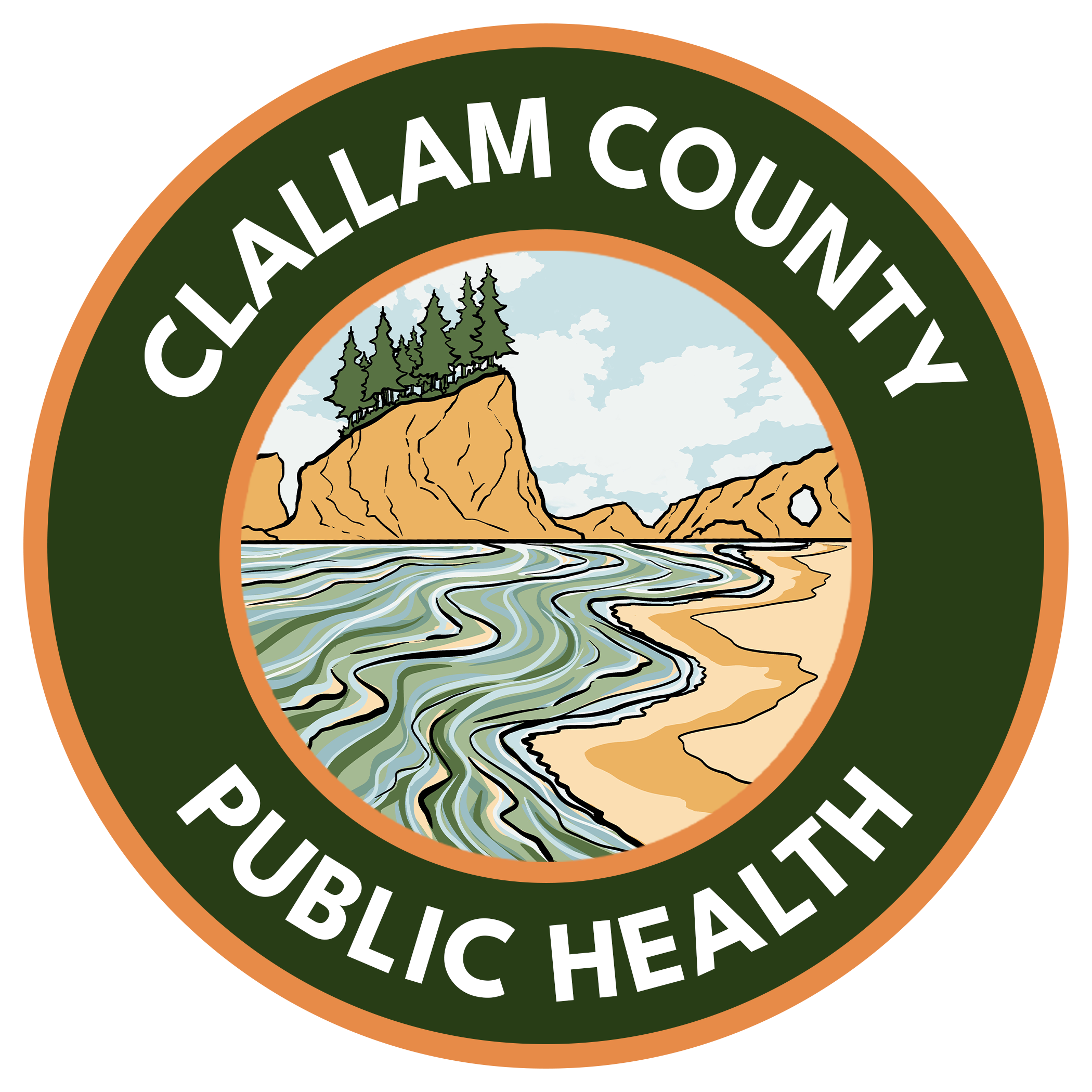
Summary
Influenza
- Everyone 6 months or older should get seasonal flu vaccine.
COVID-19
- Discontinue giving last year’s (2024-2025) COVID-19 vaccine formulation.
- Everyone 6–23 months, 2–18 years at high risk, and 19 years or older should get 2025-26 COVID-19 vaccine.
- All others 2–18 years may receive 2025-26 COVID-19 vaccine.
RSV
- Older adults
- All adults aged 75 years and older should get RSV vaccine.
- Adults 50–74 years old at increased risk of RSV should receive RSV vaccine.
- Infants and young children:
- All infants under 8 months of age entering their first RSV season should be protected via:
- Maternal RSV vaccination (Abrysvo) between 32–36 weeks gestation, beginning Sept. 1, or
- RSV monoclonal antibody starting Oct. 1.
- High risk toddlers aged 8–19 months entering their second RSV season should receive RSV monoclonal antibody nirsevimab starting Oct 1.
- All infants under 8 months of age entering their first RSV season should be protected via:
Co-administration of COVID-19, flu, and RSV vaccines is safe.
Vaccination is one of the best ways to prevent severe disease and hospitalization.
COVID-19 vaccine recommendations
Clallam County Health & Human Services and Washington State Department of Health (DOH) support evidence-based recommendations from trusted national medical specialty societies, including the American Academy of Pediatrics (AAP), the American Academy of Family Physicians (AAFP), and the American College of Obstetrics and Gynecology (ACOG).
The specialty society recommendations differ from current CDC guidance, which advises COVID-19 vaccination more selectively based on age and risk factors. Providers are encouraged to follow the recommendations of national medical specialty societies when it differs from CDC guidance, and to make strong vaccine recommendations based on clinical judgment and patient needs. Links to the relevant immunization schedules are guidance are below:
To support access, DOH issued a statewide standing order under the direction of the State Health Officer. This order authorizes qualified health care professionals to vaccinate people aged 6 months and older, including pregnant people, who do not have contraindications to the vaccine. For some, vaccination under this standing order will be “off-label” use of currently licensed COVID-19 vaccines. Learn more about the standing order: FAQ for healthcare providers.
Approved COVID-19 vaccine products for the 2025-26 season include:
- Spikevax (Moderna) approved for 6 months and older.
- mNEXSPIKE (Moderna) approved for 65 years and older and 12–64 years at high risk for severe COVID-19.
- Comirnaty (Pfizer) approved for 5 years and older.
- Nuvaxovid (Novavax) approved for 12 years and older.
- For most people, the minimum interval between their last COVID-19 vaccine dose and their updated dose is 8 weeks. See DOH COVID-19 Schedule Summary for exceptions.
Influenza vaccine recommendations
- AAP, AAFP, and CDC recommend everyone 6 months or older get updated 2025–26 influenza (flu) vaccine to reduce the risk of flu and its potentially serious complications.
- Some children 6 months–8 years old need 2 doses of flu vaccine, including those who:
- Are getting flu vaccine for the first time.
- Previously got only 1 dose of flu vaccine.
- Have an unknown vaccination history.
- People who are pregnant or might be pregnant during flu season should get flu vaccine.
- Pregnant people and those with certain medical conditions or those who are immunocompromised should not get live, attenuated intranasal flu vaccine.
- Adults 65 years or older are recommended to preferentially get high dose, recombinant, or adjuvanted flu vaccine when available.
- It is ideal for most people to get flu vaccine in September or October. Continue to offer flu vaccine throughout the season, as long as flu viruses are circulating.
- All flu vaccines are trivalent this year.
RSV recommendations for children
AAP and CDC recommend the following to protect infants and young children against severe RSV:
Infants younger than 8 months entering their first RSV season:
- Maternal vaccination: Pregnant individuals should receive the Abrysvo RSV vaccine during weeks 32–36 of gestation, or
- Infant immunization: Infants should receive an RSV immunization after birth.
- Note: Most infants will require only one form of protection.
Children aged 8–19 months at increased risk for severe RSV disease entering their second RSV season:
- Only RSV monoclonal antibody nirsevimab is recommended for this group.
- Administer Sept. 1–Jan. 31.
- 1 dose between 32–36 weeks gestation.
- Subsequent pregnancies: additional doses not recommended.
- Abrysvo is the only FDA-approved RSV vaccine for pregnant people.
- Administer Oct. 1–March 30.
- For infants born during this time, monoclonal antibody should be administered within 1 week of birth, ideally at the hospital.
- AAP recommends RSV monoclonal antibody for infants if:
- The mother did not get RSV vaccine during pregnancy.
- You don’t know the mother’s RSV vaccination status.
- The infant was born within 14 days of maternal RSV vaccination.
- AAP recommends nirsevimab for children up to 19 months of age entering their second RSV season if they:
- Are American Indian or Alaska Native.
- Have chronic lung disease of prematurity and require medical support during the 6 months before the start of their second RSV season.
- Are severely immunocompromised.
- Have severe cystic fibrosis.
- Two products are available this season:
- Clesrovimab (Enflonsia): 1 dose for infants less than 8 months of age regardless of weight entering their first RSV season. Not recommended for infants 8 months or older.
- Nirsevimab (Beyfortus):
- A single dose for infants less than 8 months of age (50 mg for infants <5 kg and 100 mg for infants ≥5 kg) entering their first RSV season.
- A single 200 mg dose administered as 2 IM injections (2 x 100 mg) for children up to 24 months of age, regardless of body weight, in the risk groups listed above.
- Except in rare circumstances, infants younger than 8 months who are born 14 or more days after their mother got RSV vaccine don’t need RSV monoclonal antibody. Learn more about special situations and populations.
RSV recommendations for adults
- 3 RSV vaccines are licensed for use in adults 50 years or older:
- Arexvy (GlaxoSmithKline).
- mRESVIA (Moderna).
- Abrysvo (Pfizer).
- AAFP recommends a single dose of RSV vaccine for:
- Adults 75 years or older.
- Adults 50–74 years old who are at increased risk of severe RSV disease based on comorbid medical conditions such as:
- Cardiovascular disease.
- Lung disease.
- End-stage renal disease or dependence on hemodialysis or other renal replacement therapy.
- Diabetes mellitus with end-organ damage.
- Severe obesity.
- Liver disorders.
- Neurologic or neuromuscular conditions.
- Hematologic disorders.
- Moderate or severe immune compromise.
- Living in nursing homes or other long-term care facilities that assist with activities of daily living.
- Other chronic medical conditions or risk factors that a healthcare provider determines might increase the risk of severe disease due to respiratory infection.
More resources
- COVID-19 Statewide Standing Order, DOH.
- COVID-19 Vaccine Standing Order FAQ for the Public (PDF), DOH.
- COVID-19 Vaccine Standing Order FAQ for Health Care Providers (PDF), DOH.
- COVID- 19 Vaccine Schedule for Health Care Providers (PDF), DOH.
- COVID-19 Vaccine Insurance Coverage, DOH.
- COVID-19 vaccine guidance for ages 6 months to 18 years, AAP.
- Pediatric COVID-19 vaccine dosing quick reference guide, AAP.
- COVID-19 vaccination considerations for obstetric-gynecologic care, ACOG.
- COVID-19 vaccine guidance for ages 19 years and older, AAFP.
- 2025-2026 Flu Season, CDC.
- Information for Health Professionals: Flu, CDC.
- RSV: Vaccines for adults, CDC.
- RSV Immunization Guidance for Infants and Young Children, CDC.
- MMWR:
- Prevention and Control of Seasonal Influenza with Vaccines: Recommendations of the Advisory Committee on Immunization Practices — United States, 2025–26 Influenza Season.
- Use of Clesrovimab for Prevention of Severe Respiratory Syncytial Virus–Associated Lower Respiratory Tract Infections in Infants: Recommendations of the Advisory Committee on Immunization Practices — United States, 2025.
- Respiratory Syncytial Virus Immunization Coverage Among Infants Through Receipt of Nirsevimab Monoclonal Antibody or Maternal Vaccination — United States, October 2023–March 2024.
- Interim Evaluation of Respiratory Syncytial Virus Hospitalization Rates Among Infants and Young Children After Introduction of Respiratory Syncytial Virus Prevention Products — United States, October 2024–February 2025.
- Influenza, COVID-19, and Respiratory Syncytial Virus Vaccination Coverage Among Adults — United States, Fall 2024.
